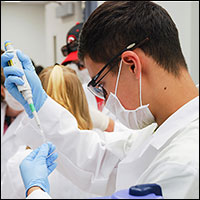
Rotations
During the first year of the JGPT curriculum, graduate students complete two to three rotations in different laboratories. Students work with the Program Director to select mentors that share research interests. Through this rotation process, students select their thesis mentors with whom they will work for the remainder of their training.

Mentorship and Committees
The JGPT has an open door policy – all faculty are accessible to trainees. Mentors include not only a trainee’s research advisor but are also drawn from the entire faculty. All students and postdocs develop advisory committees that assist in their progress throughout their programs. Upon beginning in the JGPT, all trainees are expected to read about successful mentorship relationships.

Individual Development Plans (IDPs)
All trainees are required to complete IDPs and assess accomplishments and goals each year. IDPs help students and fellows stay on track with their research goals and provide insight into diverse career options. Rutgers has developed a unique IDP template that provides trainees with self-assessment metrics and input from mentors and program directors.
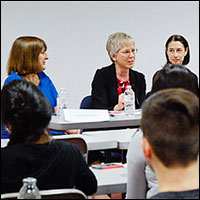
iJOBS
The iJOBS program helps trainees develop critical career skills including resume building, interviewing skills and time management. iJOBS hosts career panels, shadowing and workshops. Trainees specialize in one of five professional tracks: i) science and health policy, ii) business management, iii) intellectual property management, iv) clinical and regulatory sciences, and v) health and science data analysis.
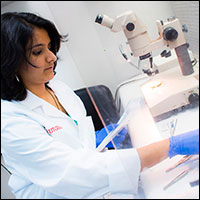
Internships
JGPT students can pursue one rotation at a partnering pharmaceutical company, Bristol-Myers Squibb and Novartis, at the end of the first year. Trainees immerse themselves in state-of-the-art toxicology training aside partner scientists. Mentoring from industry scientists continues through the student’s or fellow’s time at Rutgers.
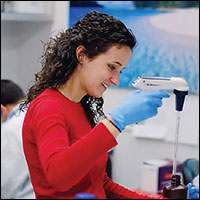
Laboratory Management
Postdoctoral trainees can pursue advanced training in laboratory management through local workshops at Cold Spring Harbor Laboratory and the New York Academy of Sciences. Courses include the “Workshop on Leadership in Bioscience” and “From Scientists to CSO”.
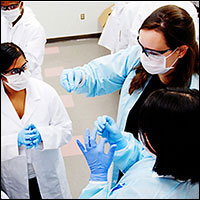
Teaching and Grant Writing
There are a number of teaching opportunities for trainees including lectures in undergraduate courses and the toxicology high school program and pursue a teaching certificate through the TA Project. Trainees prepare and submit fellowship applications through the JGPT Grant Writing Working Group. GradFund also provides advanced training for developing dynamic fellowship applications.
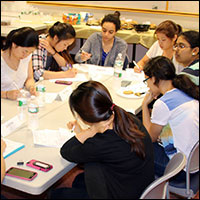
Regulatory Toxicology Training
Trainees participate in a comprehensive 3-course series aimed at advancing training in regulatory sciences. The courses are coordinated and taught by scientists at Bristol-Myers Squibb, Novartis, and Colgate-Palmolive and foster case-based, team-oriented learning. Trainees also participate in site visits to local companies.
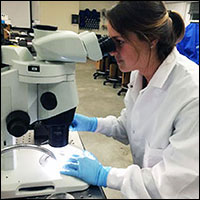
Short Term Training Experiences
Trainees routinely pursue intensive training to advance their skill sets. Examples include the Quantitative Biology Bootcamp, Frontiers in Reproduction Workshop, Cellular and Molecular Toxicology Gordon Conference, Unbiased Stereology, and many others.
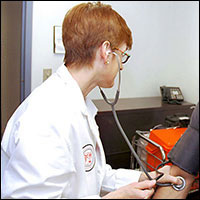
Translational Toxicology
Trainees can engage in human-based studies and training including attending autopsies with the local medical examiner, shadowing Institutional Review Board meetings and visiting the NJ Poison Control Center, Robert Wood Johnson University Hospital and the Occupational Health Clinic. The JGPT hosts training of PharmD/PhD, MD/PhD, and DVM/PhD fellows.
